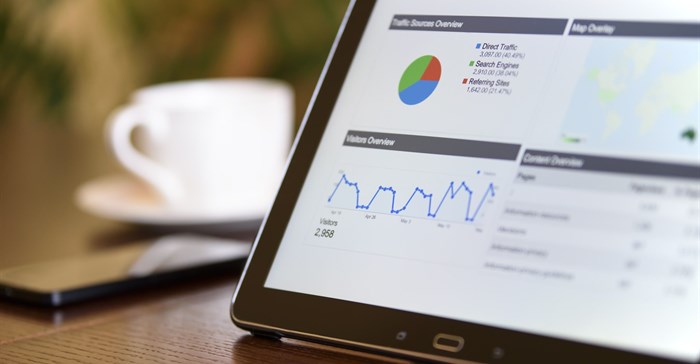Research points to AI driving disruption in analytics space

Frost & Sullivan’s recent analysis, Advanced Analytics: Disruptive opportunities, reveals the different types of analytics technologies, the potential applications and industries impacted, use cases, future technology convergence scenarios, the patent scenario, emerging business models, and new revenue streams.
“It’s clear that artificial intelligence, in particular, is disrupting the analytics space, creating new opportunities in healthcare, agriculture, retail, advertising, media, automotive, insurance, banking, finance, customer service, surveillance, gaming, education, and smart homes,” said Kiran Kumar, TechVision programme manager at Frost & Sullivan.
Highlights from the analysis
- Advanced analytics is impacting several key industries. For example, analytics will be hugely disruptive to the healthcare space, greatly accelerating the drug discovery process.
- Image analytics will automate and improve the accuracy of diagnosis by reducing error rates.
- The automotive segment will depend on advancements in analytics for its evolution and adoption. Machine learning will push the self-driving industry, and emotion analytics will eventually be adapted to determine driver behaviour.
- The advertising and media space will also increasingly use advanced analytics technologies to measure consumer sentiment and perceptions, and adapt product mix and marketing strategy. Sentiment analytics and social media analytics will increasingly be adopted by advertisers to determine ROI.
Analytics companies have typically based their decisions on standardised data available in the marketplace. However, this data does not always provide a complete picture to make the best predictive decisions. Therefore, businesses are now leveraging data from across application areas to create much better predictive models. For example, auto insurance companies can use "orthogonal data" from vehicle telematics systems to make better predictive models to calculate premiums.
“Advanced analytics has the potential to transform productivity and the competitive ability of businesses, decision-making, and assist in redesigning business processes and models,” added Kumar.






















